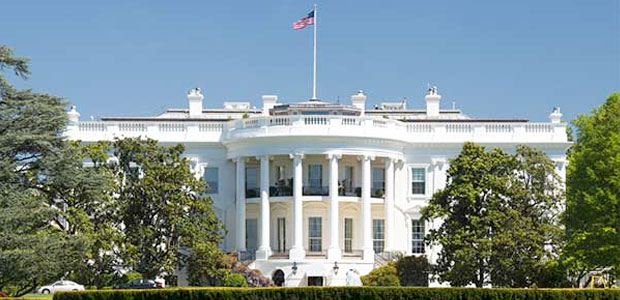
The $2 Trillion Coronavirus Aid Package, Broken Down
The government’s massive aid package provides economic relief to several groups impacted by the pandemic—including individuals. See how you or your business could be affected.
Two trillion dollars is a difficult figure to wrap your brain around. During this unprecedented time, individuals, business and communities are pinching pennies and scrambling to figure out how they are going to stay economically afloat and mentally sane.
The Trump administration just approved a $2 trillion aid package as a part of the CARES Act to provide economic relief for several groups impacted by the pandemic and its consequences. The bill will have wide-reaching aid, providing some form of relief to individuals, big corporations, small businesses, state and local governments, hospitals and public health, and education, according to one NPR article.
This is the third aid package from Congress, and it is meant to keep businesses and individuals afloat during this freeze on most of American life.
“No economic policy can fully end the hardship so long as the public health requires that we put so much of our commerce on ice,” said Senate Majority Leader Mitch McConnell on Wednesday. “This isn't even a stimulus package. It is emergency relief. Emergency relief. That's what this is.”
If the bill becomes law, here’s what to expect (according to the NPR article):
Individuals
Many individuals will receive a direct deposit check of $1,200—if you make less than $75,000 a year. Married couples would each receive a check, a families would get $500 per child. That means a family of four earning less than $150,000 can expect $3,400.
There is a cut off for these cash checks, however. The checks will decrease in amount after an individual income of $99,000 a year and a combined, couple’s income of $198,000.
The cash payments are based either on your 2018 or 2019 tax filings.
There will be particular situations and exceptions based on individuals who just filed for unemployment, gig workers and freelancers, those who have not yet filed their taxes, those with student loans and various insurance plans.
Small Businesses
Small businesses with 500 employees or fewer will receive emergency grants and forgivable loans. There are also changes to rules for expenses and deductions meant to make it easier for companies to keep employees on the payroll and stay open.
Big Businesses
The bill sets aside about $500 billion in loans and other money for big corporations. These companies will have to pay the government back and will be subject to public disclosures and other requirements.
About $58 billion is allocated to help airlines stay open. One portion is going towards paying employee wages, salaries and benefits, another goes to cargo air carriers and another to airline contractors.
Public Health
One hundred billion dollars will go to hospitals responding to the coronavirus. About $1.32 billion will serve as immediate funding for community centers that provide health care services for roughly 28 million people. Eleven billion dollars will go to diagnostics, treatments and vaccines—including $80 million for the Food and Drug Administration to prioritize and expedite approval of new drugs.
The Centers for Disease Control and Prevention (CDC) and response efforts are getting $4.3 billion. Other sectors of public health—such as veteran’s health care, telehealth, and medicine and supplies—will all be accounted for in the bill.
Safety Net
This is the second wave of funding for major food security programs. Child nutrition efforts will get $8.8 billion to give to schools for more flexibility to provide meals for students. Fifteen and a half billion dollars will go to Supplemental Nutrition Assistance Programs, or SNAP, that help with food stamps. American Indian reservations, Puerto Rico, Northern Mariana Islands and American Samoa all get additional funds and access to federal nutrition programs, as well as food banks across the country.
State and Local Governments
The legislation designates $339.8 billion for programs that will go to state and local governments. It is divided up to put $274 billion toward specific COVID-19 response efforts.
Education/Other
Education will see some relief as well, as the bill includes $5 billion for Community Development Block Grants, $13 billion for K-12 schools, $14 billion for higher education and $5.3 billion for programs for children and families, including immediate assistance to childcare centers.
The bill also has funds and relief for student loans, those in work-studies, and students forced to drop out of school.